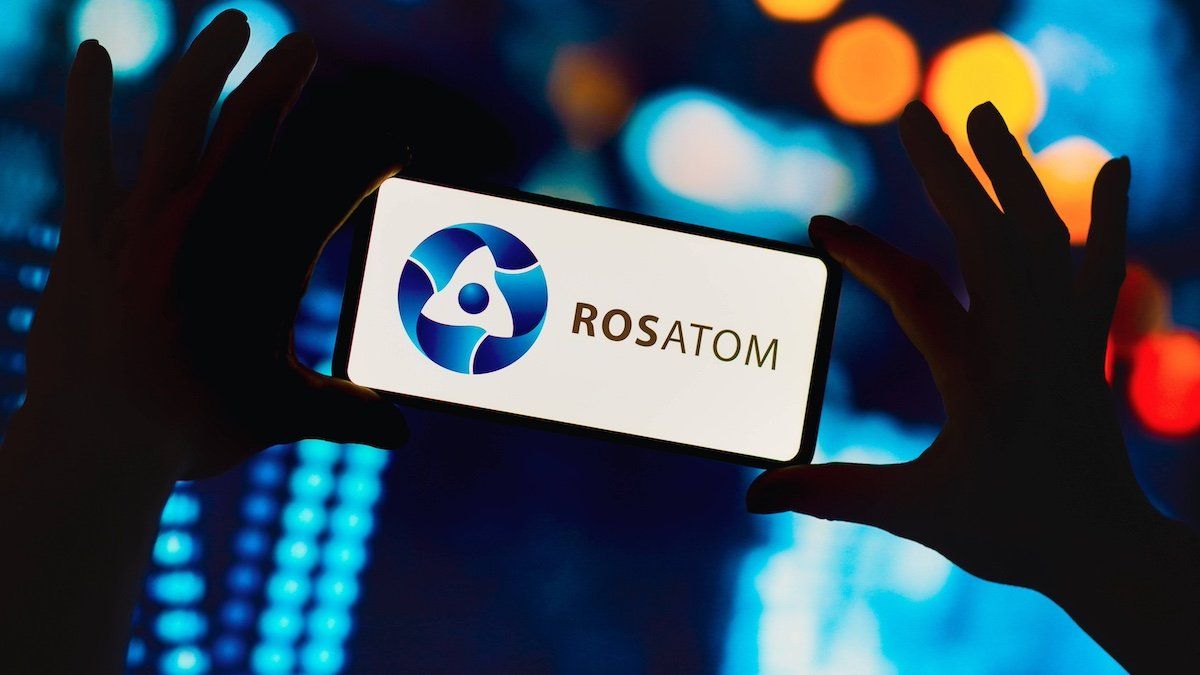In sub-Saharan Africa, about 600 million people, half the total population, lack electricity. And with the volatility in oil prices of recent years and the need to transition toward cleaner sources of energy, many African governments now want to invest in nuclear power. Russia, beleaguered by Western sanctions, would like to help.
Today, there’s just one nuclear power station on the African continent – in Cape Town, South Africa. Egypt, Kenya, Uganda, and Rwanda have already announced construction plans. Rosatom, Russia’s state nuclear company, says it has signed cooperation agreements with Algeria, Burkina Faso, and Mali.
For Russia, commercial partnerships in Africa serve both economic and political purposes. They offer long-term revenue for a Russian economy saddled with sanctions and now deeply dependent for growth on wartime military production. They also provide political cover for a country that will remain isolated from the West for the foreseeable future.
For African countries that want to provide affordable electricity to hundreds of millions of people who need it – and without pumping more carbon into the atmosphere – it’s an opportunity for positive change.
But nuclear power plants generally take a decade or more to build, so it will be years before African countries benefit.


















